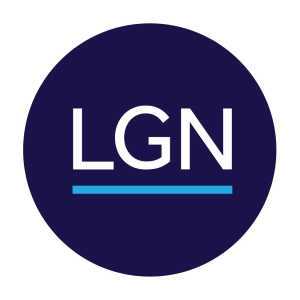Summary of “Phase 3.5” Legislation
The Senate on Tuesday evening passed $484 billion in new pandemic relief funds to bolster a tapped-out small business aid program, pay for additional coronavirus testing, and help hospitals deluged by sick patients.
The Paycheck Protection Program and Health Care Enhancement Actis expected to receive an affirmative vote in the House tomorrow, followed by a prompt signature by President Trump. A summary of the bill can be found below:
Paycheck Protection Program
The third coronavirus response package, the CARES Act, provided $349 billion for the Paycheck Protection Program, which offers low-interest loans guaranteed by the Small Business Administration (SBA). Loans can be forgiven for borrowers that pay eligible payroll expenses or rehire workers over eight weeks.
The newest legislation increases the amount available to businesses by $310 billion, bringing the combined total from Phases 3 and 3.5 to $659 billion.
Disaster Loans
The CARES Act provided $10 billion to expand the SBA’s Economic Injury Disaster Loan (EIDL) program to cover businesses, cooperatives, employee stock ownership plans, and tribal businesses with 500 or fewer employees, as well as sole proprietors and independent contractors.
Phase 3.5 would provide a second tranche of $10 billion to replenish the disaster loan program. It would also provide $50 billion for additional SBA guarantees under its broader disaster loan program.
Hospital Funding
The Paycheck Protection Program and Health Care Enhancement Act would provide $75 billion for health-care providers through the Public Health and Social Services Emergency Fund. The money could be used to reimburse providers for coronavirus-related expenses and lost revenue.
Funds would be distributed under the same terms as the CARES Act, which provided $100 billion for those purposes.
Virus Testing
The bill would provide $25 billion for Covid-19 testing, including for active infections and previous exposure, through the Public Health and Social Services Emergency Fund.
The funding would include $11 billion for states, localities, territories, and tribes and would distribute at least $4.25 billion directly to those entities based on their relative number of Covid-19 cases.
Other Spending
The Paycheck Protection Program and Health Care Enhancement Actincludes the following additional spending measures:
$1 billion for the Centers for Disease Control and Prevention for activities such as surveillance, contact tracing, and lab capacity expansion.
$1 billion for the National Institutes of Health to develop testing and accelerate research on rapid testing, plus $500 million for the National Institute of Biomedical Imaging and Bioengineering and $306 million for the National Cancer Institute.
$1 billion for the Biomedical Advanced Research and Development Authority for research, manufacturing, and purchasing tests.
$600 million for community health centers and federally qualified health centers, as well as $225 million for rural health clinics.
